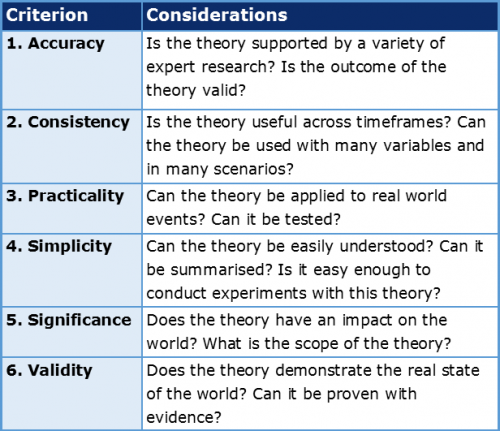Evaluative Criteria

4 Understanding The Six Criteria Definitions Elements For Analysis And Key Challenges Learn what these terms mean and how they are used in evaluation. find examples, resources and advice for choosing and applying them in different contexts and sectors. The evaluation commissioner may specify initial evaluative criteria, and other criteria may emerge through evaluators’ engagement with interventions, contexts, and people involved and affected (davies, 2018; gates & schwandt, 2023). as a result, definitions of quality may change and require further discussion and, possibly, re negotiation.

How Can I Produce An Effective Evaluative Essay Academic Marker The oecd has defined six evaluation criteria (relevance, coherence, effectiveness, efficiency, impact and sustainability) and two principles for their use. these criteria provide a normative framework to determine the merit or worth of a development intervention (policy, strategy, programme, project or activity). Evaluative criteria define a “high quality” or “successful” evaluand and provide the basis for judgment of merit and worth, yet they are often assumed and implicit in the evaluation process. this article presents an empirically supported model that describes and integrates two aspects of criteria: domain and source. Learn how to use evaluative criteria to judge the worth of an intervention in impact evaluation. this guide explains the oecd dac criteria, equity, gender equality and human rights, and how to apply them in different types of evaluations. This document describes how the oecd dac network on development evaluation revised the definitions and use of the evaluation criteria in 2018 2019. the criteria include relevance, effectiveness, efficiency, impact, sustainability and coherence, and are intended to support better evaluation and policy making.

Comments are closed.